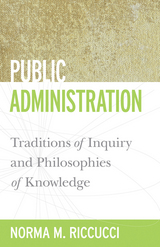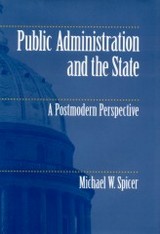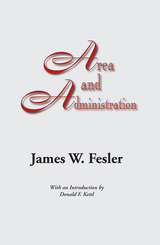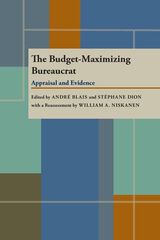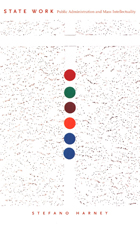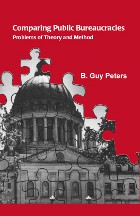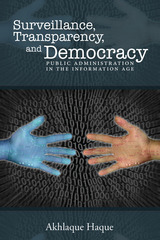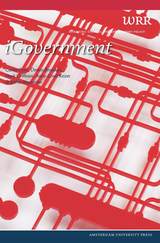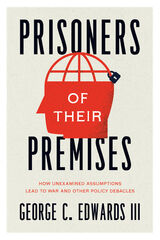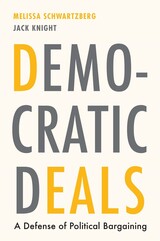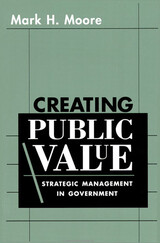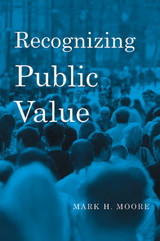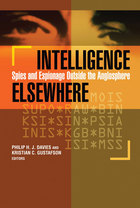Paper: 978-0-87840-697-5
Library of Congress Classification JF1501.S48 1998
Dewey Decimal Classification 351
Plunging into the verbal quagmire of official language used by bureaucrats in both government and business, distinguished linguist Roger W. Shuy develops new techniques based on linguistic principles to improve their communication with the public.
Shuy presents nine case studies that reveal representative problems with bureaucratic language. He characterizes the traits of bureaucratic language candidly, though somewhat sympathetically, and he describes how linguists can provide bureaucrats with both the tools for communicating more clearly and also the authority to implement these changes.
Drawing on documents cited in class action lawsuits brought against the Social Security Administration and Medicare, Shuy offers a detailed linguistic analysis of these agencies’ problems with written and oral communication, and he outlines a training program he developed for government writers to solve them. Moving on to the private sector, Shuy analyzes examples of the ways that businesses such as car dealerships, real estate and insurance companies, and commercial manufacturers sometimes fail to communicate effectively. Although typically bureaucracies change their use of language only when a lawsuit threatens, Shuy argues that clarity in communication is a cost effective strategy for preventing or at least reducing litigation.
Bureaucratic Language in Government and Business explains why bureaucratic language can be so hard to understand and what can be done about it.
See other books on: Bureaucracy | Business | Government | Language | Shuy, Roger W.
See other titles from Georgetown University Press




